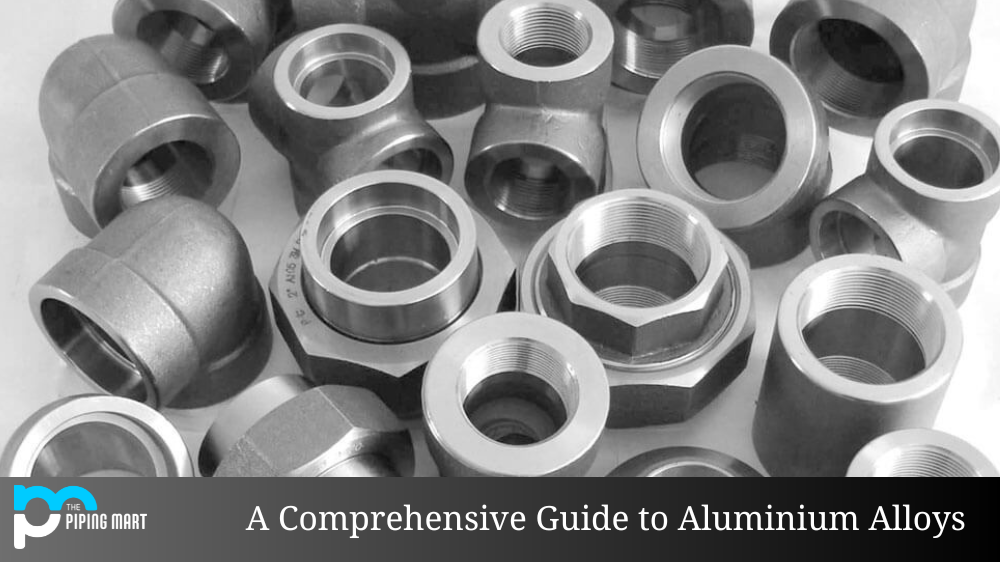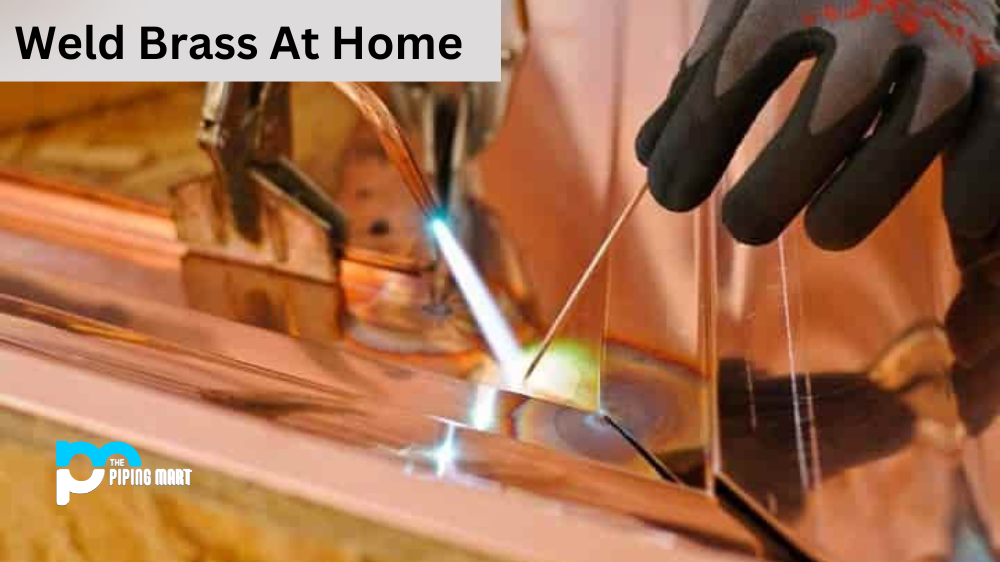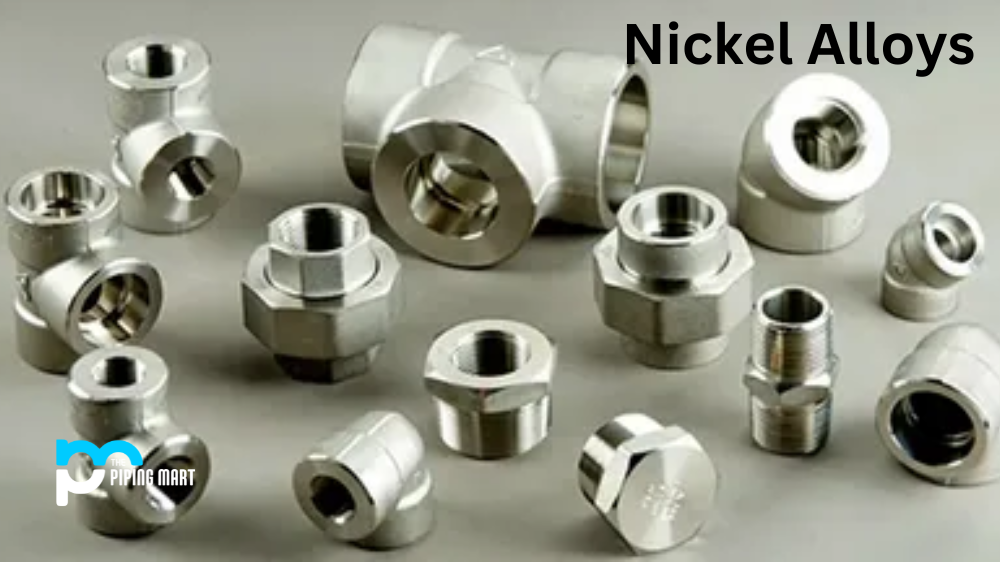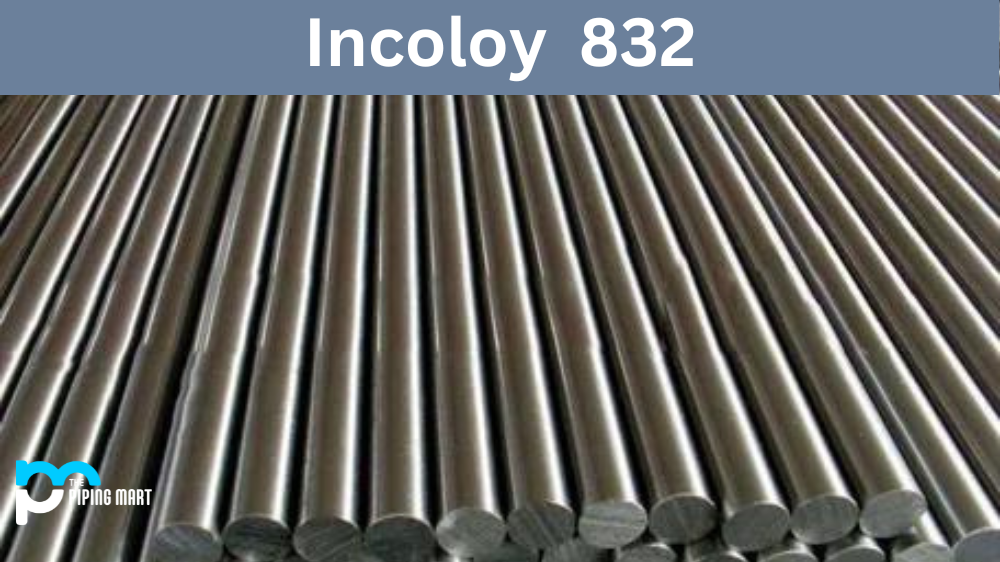Aluminum alloys are lightweight yet strong metals used in various applications, from aircraft and automotive parts to cookware and sporting goods. But what exactly is an aluminium alloy? This article will look closely at the types of aluminum alloys available and how they’re used.
Types of Aluminium Alloys
Aluminium alloys consist of one or more elements, such as magnesium, silicon, copper, manganese, zinc, and tin, that have been added to pure aluminum to improve its properties. Different combinations of these elements result in various types of alloys with unique characteristics. The most common types of aluminium alloys include the 1xxx series (99% pure), 3xxx series (Mn-Si), 5xxx series (Mg), 6xxx series (Mg-Si), and 7xxx series (Zn). Each type has its own set of advantages and disadvantages, which should be considered when selecting the suitable alloy for your application.
1xxx Series:
These alloys are 99% pure aluminum and are not heat-treatable. They offer high corrosion resistance due to their lack of alloying elements but are also relatively soft compared to other alloys. This makes them ideal for applications with essential corrosion resistance, such as food processing equipment or outdoor structures.
3xxx Series:
These alloys are known for their excellent formability and weldability due to their higher manganese content. They are also highly resistant to corrosion but tend to be softer than other alloys, so they may not be suited for applications requiring strength or increased structural support. Typical uses include radiator cores, fuel tanks, cooking utensils, and architectural components.
5xxx Series:
These alloys contain magnesium which gives them improved strength over the 1xxx series while still offering good weldability and formability. They also provide excellent corrosion resistance, making them ideal for marine applications or any project that requires strength without sacrificing corrosion protection. Typical uses include boat hulls, storage tanks, pressure vessels, and construction materials.
6xxx Series:
This type contains magnesium and silicon, which improves its strength even further while still allowing it to be formed quickly into complex shapes if necessary. It offers good weldability and excellent corrosion resistance, making it suitable for outdoor applications such as transportation equipment or building exteriors.
7xxx Series:
This type contains zinc which gives it the highest strength among aluminum alloys but limits its formability somewhat due to its hardening effect on the metal when heated during welding or forming operations. It is also highly resistant to corrosion, making it ideal for structural components exposed to harsh weather conditions, such as bridges or aircraft frames.
Conclusion:
As you can see, many types of aluminium alloys are available, each with its unique set of strengths and weaknesses depending on the application being used. Proper selection ensures that your project achieves the desired outcome while minimizing the cost associated with the materials selection process! Whether you need a strong alloy like the 7XXX series or a more formable one like the 6XXX series, there is sure to be an option that fits your needs perfectly! So when considering which material best suits your project, do your research first so you can make an informed decision!

Abhishek is a seasoned blogger and industry expert, sharing his insights and knowledge on various topics. With his research, Abhishek offers valuable insights and tips for professionals and enthusiasts. Follow him for expert advice on the latest trends and developments in the metal industry.




